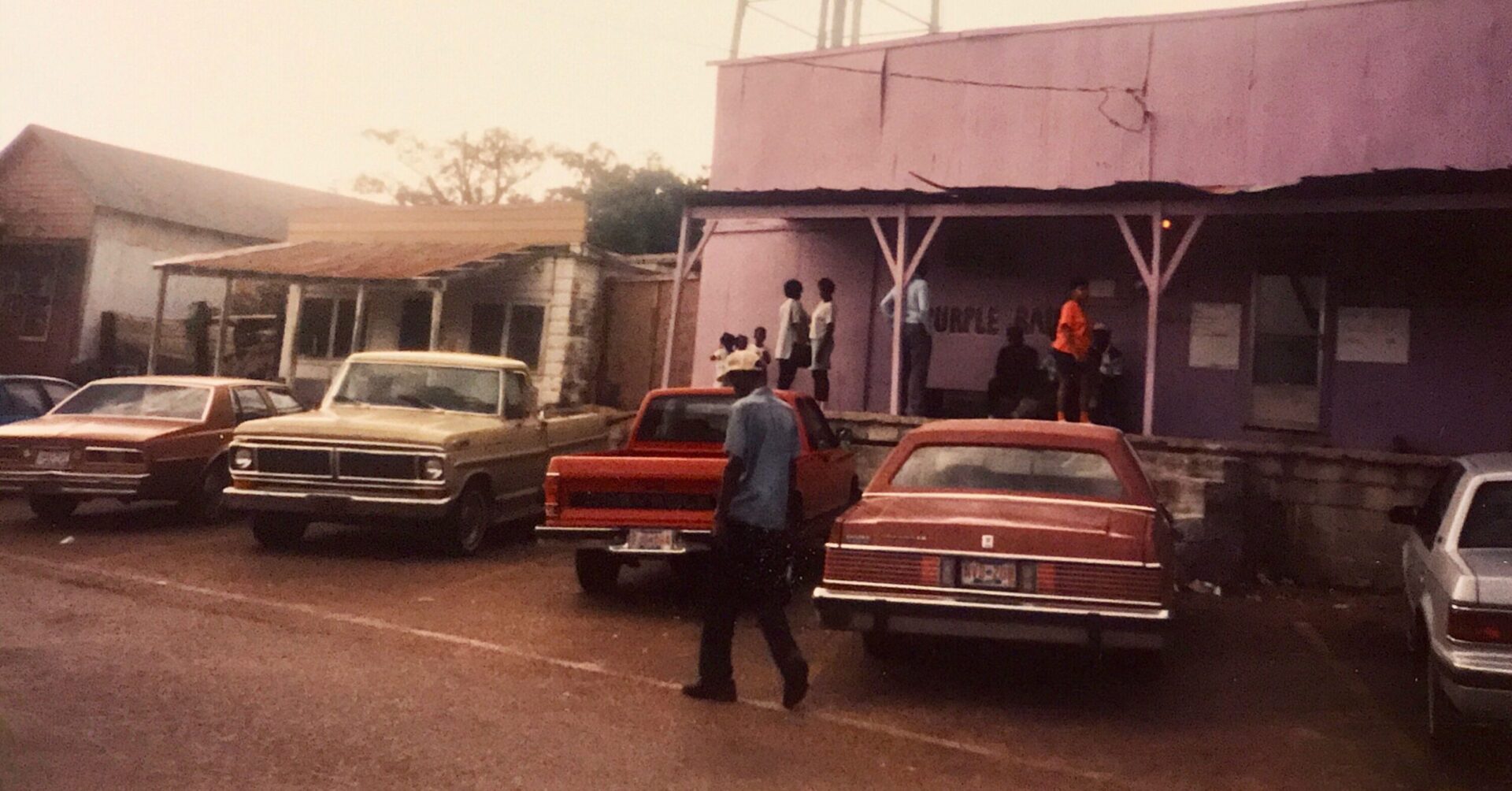


































































For fans of the blues in Mississippi, the summer is somewhat framed by two major events, the North Mississippi Hill Country Picnic in June, which celebrates the Hill Country blues tradition, and the Otha Turner Picnic at Gravel Springs near Senatobia, generally held in August on the weekend before Labor Day. But the latter event is all the more important because it celebrates a type of African-American music that is older than the blues, Black fife-and-drum music. Tate and Panola Counties have always been a center of the fife-and-drum style, and picnics were frequently held on the Fourth of July and Labor Day. Fife master Otha Turner became famous for his pre-Labor Day picnic featuring fife and drum music and barbecued goat. Upon his death, the picnic tradition and the music tradition were continued by his granddaughter Sharde Thomas, who has kept the Rising Star Fife and Drum Band together and who remains an advocate for this endangered form of Black music. Under her administration, the picnic, held at the Otha Turner homestead in Gravel Springs near Senatobia, has become a two-day festival of many different artists and styles of music, including bands like Blue Mother Tupelo and the North Mississippi All-Stars, to solo artists like Dr. David Evans or Lightning Malcolm. There’s plenty of good fun and good food, and several processions of the fife and drum band across the grounds each evening. As the night progresses, the dancers become more exuberant, getting low to the ground and shaking in time with the beat of the bass drum, and the scene is reminiscent of other similar processions in African cultures, including New Orleans second-lines, and Haitian raras in Miami. On this year’s first night, there was also a brilliant full moon which threw a strange light on the proceedings. As in previous years, the festival inside the gates lead to another festival outside the gates, in which young people from the rural community parked and gathered along O. B. McClinton Road, listening to music and hanging out.
